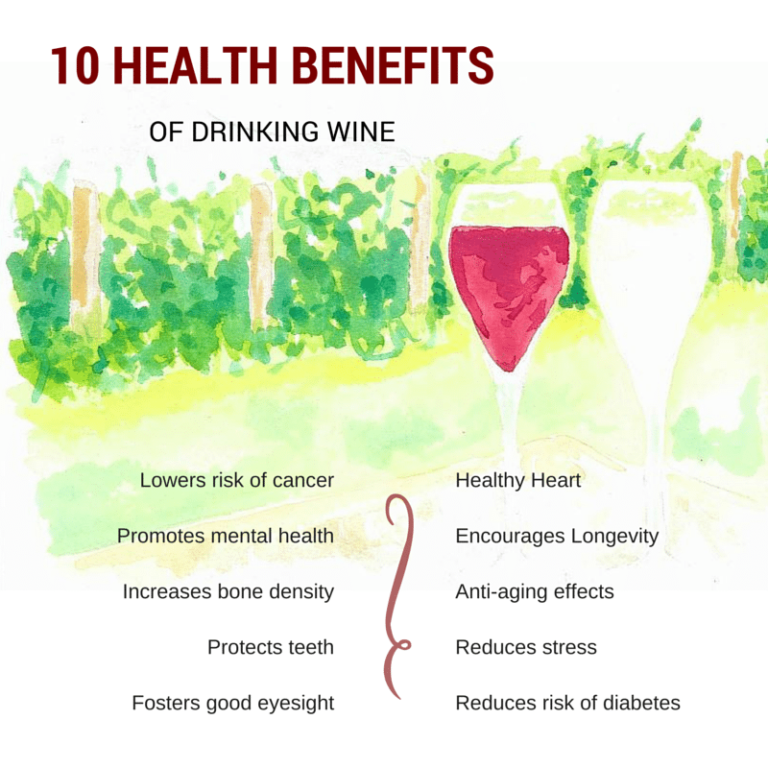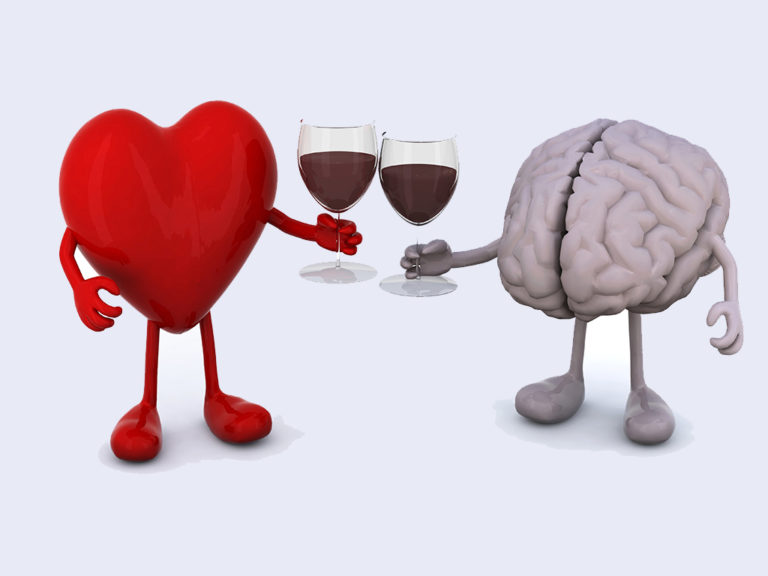
For the moment – and I grant that it is a protracted moment – the entire planet is focused on defeating a deadly virus. Our focus is rightfully on our health.
An important element of those efforts includes socially distancing – leaving us lots of free time. And there is no reason not to try to make the best of it. So, I thought we might combine the two – focusing on one of my favorite ways of happily passing time – wine enjoyment – with a review on its potential long-term health benefits.
There has been a much said on this topic, and more than a little controversy. It seems that whenever benefits are suggested someone is quick to challenge their validity. For this discussion, we’re moving forward with information that is generally accepted. So, take it for what it’s worth.
Antioxidants
It is indisputable that wine is rich with antioxidants – especially red wine. Grapes have high levels of polyphenols, which are antioxidants. Antioxidants are compounds that prevent cellular damage caused by inflammation and oxidation. Oxidative stress is a condition caused by an imbalance between antioxidants and unstable molecules called free radicals, which can damage your cells.
A recent study found that consuming 13.5 ounces of red wine on a daily basis increased antioxidant status. Higher antioxidant levels is associated with a decreased risk of disease. For example, drinking red wine has been associated with a reduced risk of Alzheimer’s and Parkinson’s disease, which are related to oxidative stress.

Inflammation
Wine also contains compounds that have anti-inflammatory properties. Chronic inflammation may increase the risk of heart disease and certain cancers. So, it’s best to avoid this type of inflammation. Proper diet and moderate exercise also help to guard against inflammation. But many foods seem to help reduce inflammation, and wine is thought to be one of them.
Studies suggest that a compound called resveratrol in wine has anti-inflammatory properties. One study in 4,461 adults demonstrated that moderate consumption of wine was linked to a reduced inflammatory response. Participants in the study reported their alcohol consumption. Those who consumed up to 1.4 ounces of alcohol per day experienced less inflammation than those who didn’t. Additionally, a study with 2,900 women who consumed a glass of wine each day found that they had significantly reduced.
Of course, more studies are needed to better understand the anti-inflammatory benefits of wine. But so far, the results have been promising.
Heart Disease
Other studies suggest that people who consume moderate amounts of wine have reduced rates of heart disease. Researchers believe that the high concentration of polyphenol antioxidants in red wine can help reduce the risk of high blood pressure, high cholesterol and metabolic diseases. But the results remain generally inconsistent.
It is important to point out that excessive alcohol consumption may have negative effects on heart health, including increased blood pressure and a higher risk of developing heart disease. Ultimately, the questions of whether moderate wine consumption benefits heart health remains up for debate.

Miscellaneous Benefits
Drinking wine in moderation may also have other benefits:
- Mental health. An occasional glass of wine may reduce the risk of depression. However, excessive drinking can have the opposite effect, putting you at a higher risk for of this condition.
- Longevity. Studies have found that drinking moderate amounts of wine as part of a healthy diet may increase longevity thanks to wine’s high antioxidant content.
- Healthy gut bacteria. Recent studies have even suggested that red wine may promote the growth of beneficial gut bacteria, which may improve metabolic syndrome markers in people with obesity.

In Summary
Of course, for most of us, the chief benefit of wine consumption rests in the spectacular array of delicious flavors it provides along with the wonderfully warm, social feeling it sparks. So, in these rather dark and scary days of COVID-19 you might want to take a moment with someone you love in the isolation of your home and enjoy your favorite varietal with the knowledge that it’s not only yummy – it’s good for you.
Stay well. Cheers!
